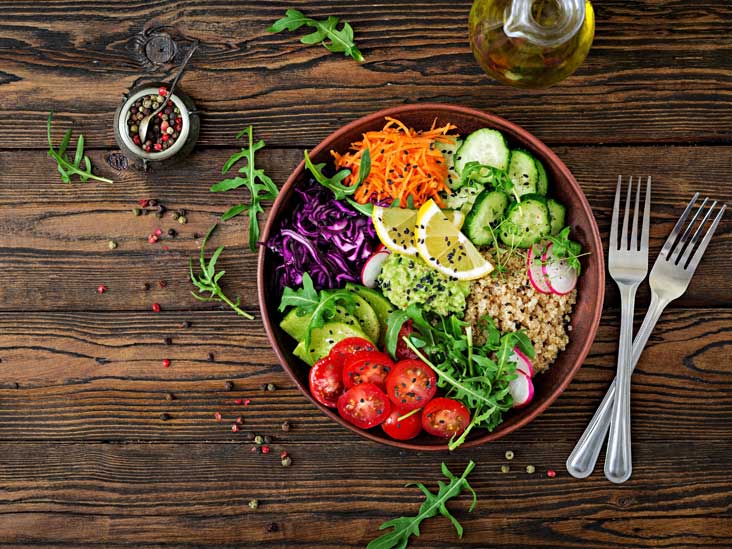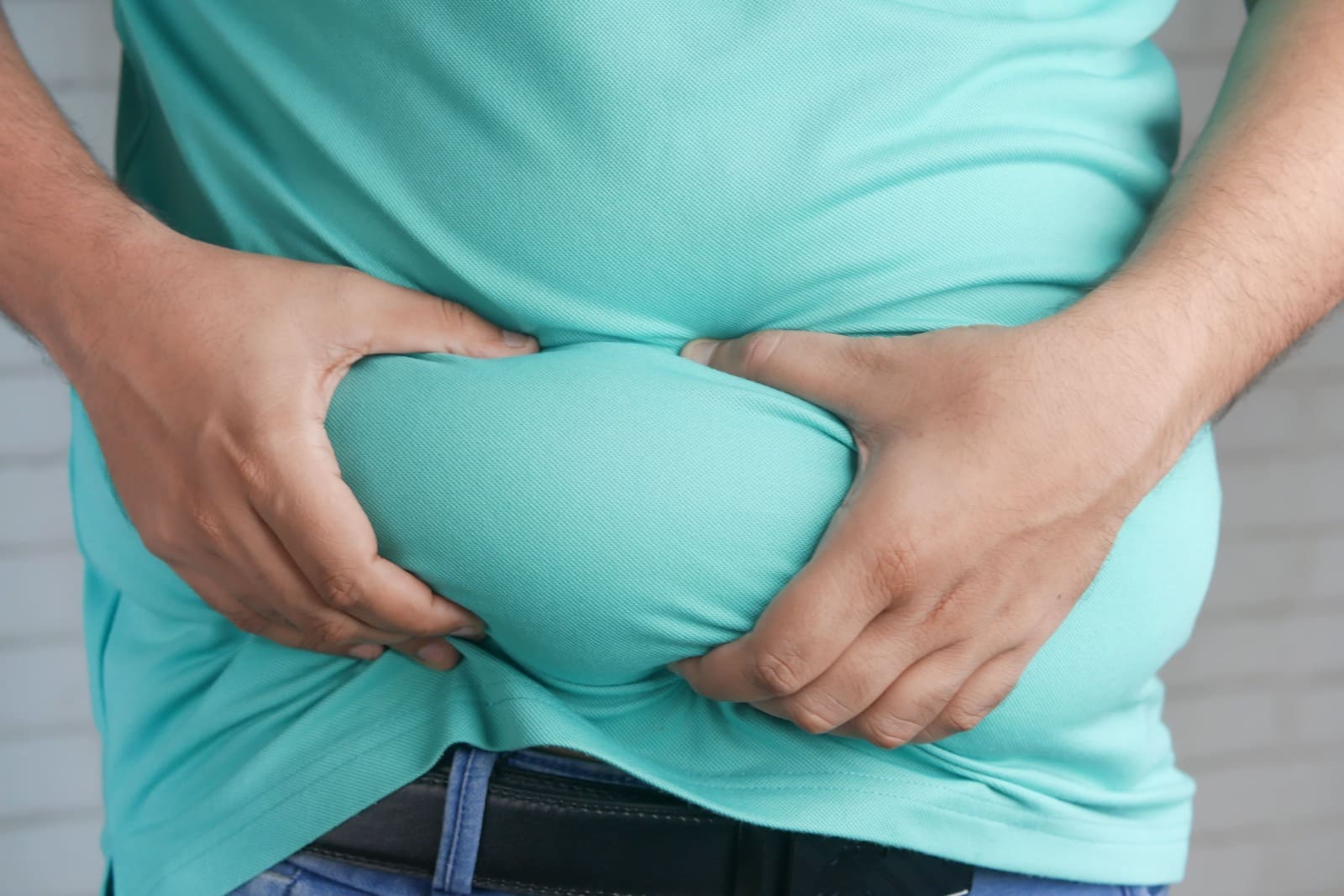Let’s have a look at some quick dietary facts about Indians before getting into the main subject matter -
- Most Indians are vegetarians, or at least prefer to eat mostly vegetarian food.
- India is filled with carbohydrate sources - sugary, refined, delicious and what not. Almost every Indian food or delicacy has more than 60% of calories coming from carbohydrates, about 5-10% coming from protein and the remaining 20-30% from dietary fats (oils, etc.).
- More than 60% of Indians prefer to eat sweets or desserts after their meals. Needless to say, these sweets are filled with sugars, but some of these indian sweets are also deep fried in oil (like Gulab Jamun, Jalebi, etc).
No wonder we have more than 80 million people diagnosed with Type-2 Diabetes in the country; and that number is excluding the ones that are prediabetic or yet to be diagnosed!
Coming back to the question, since most Indians prefer a Vegetarian diet, so here are some tips on how to eat in a Desi Vegetarian style for Weight Loss :
- Prioritize Protein
Every meal of yours must contain a good amount of protein. Protein has lots of functions in the human body - tissue repair and growth, maintaining hair and skin health, synthesis of hormones and enzymes, and so on. Eating a protein-rich diet also boosts your metabolism because whole protein sources are hard to break down, and in the process, your body in turn has to spend some energy. It’s like, your body has to first spend some calories to gain the calories from protein.
Being a vegetarian, you can consume protein from dairy sources like paneer, yogurt, milk, cheese, etc and also from pulses, lentils and beans like rajma (kidney beans), white channe/chhole (chickpeas), kaale chane (gram), dal (Urad/Tur/Moong/etc) and so on. Nuts and oil seeds like almonds, walnuts, peanuts, sunflower seeds, pumpkin seeds, flax seeds, etc. are also good sources of protein. Protein has a high Thermic Effect of Food (TEF), which helps in increasing your metabolism. Eating a good amount of protein also gives you more satiety, which ensures you’re full for a longer time and don’t feel hungry very frequently. This also ultimately ensures that you lose weight in a healthy way.
2. Eat lots of Veggies in every meal.
Vegetables contain lots of fiber and essential vitamins and minerals that you don’t usually get from a lot of other foods. Eating a good amount of veggies in every meal ensures that you get lots of fiber, which also has a high Thermic Effect of Food (TEF) like protein. Just like protein, fiber also gives you more satiety, keeping you full for long.
Honestly, if you don’t really enjoy eating lots of vegetables, I am sure you can still eat cucumbers, carrots, onions and sauteed mushrooms & broccoli. Honestly, it’s not that hard to eat veggies everyday considering the fact that they are also low in calories which makes them really great foods for weight loss.
3. Don’t forget to eat Fruits!
Fruit is nature's candy for us! It’s the dessert that nature wants us to eat. Being super rich in vitamins and minerals, fruits must be included in your daily nutrition, regardless of your goal of losing or gaining weight. PRO TIP : Eat more Watermelon, Strawberries and Oranges as they are very low in calories per serving size. You can eat 1 full bowl of Watermelon and still get only about 80-100 calories from it. Same goes for Strawberries - 10 medium sized Strawberries will give you only about 50 calories and 1 medium size Orange will give you only 50-60 calories.
4. Roti & Rice for weight loss
It is a very popular misconception among people thinking that eating rice makes you fat. Rice is NOT inherently fattening. You can eat rice and still lose weight; as long as you’re eating in a Calorie Deficit and ensure that you follow the aforementioned tips right, you will lose weight. Roti and Rice are both sources of carbohydrates, so it doesn’t really matter if you eat 30 grams of Carbs from 2 Rotis, or 30 grams of carbohydrates from 1 katori rice. But make sure you avoid maida & sugar in your daily diet, because they have a High Glycemic Index, meaning they shoot your blood sugar up very quickly which is not ideal for a healthy body.
All the tips mentioned above may not include most of your favorite Indian delicacies like samosas and butter naans, but that doesn’t mean you should never eat them. There’s always a right time for cheat meals, or better, treat meals!




